Looking Up, 16-page English PDF Edition, Back Issues and Current Issue
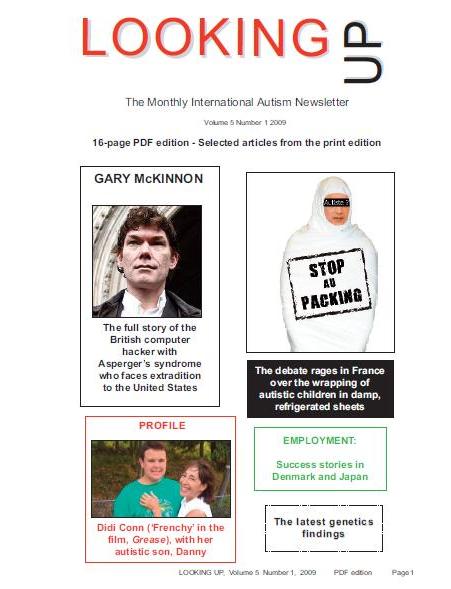
|
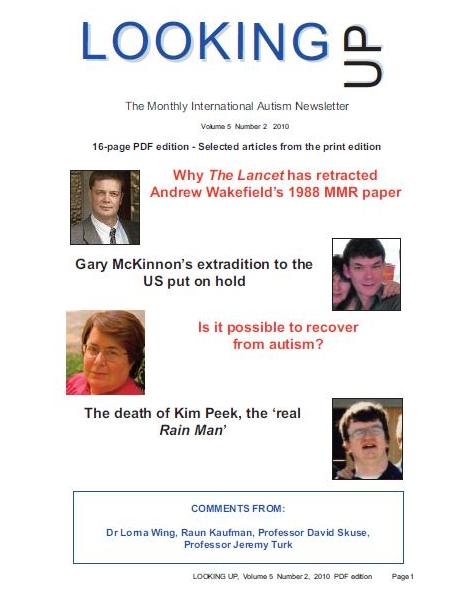
|
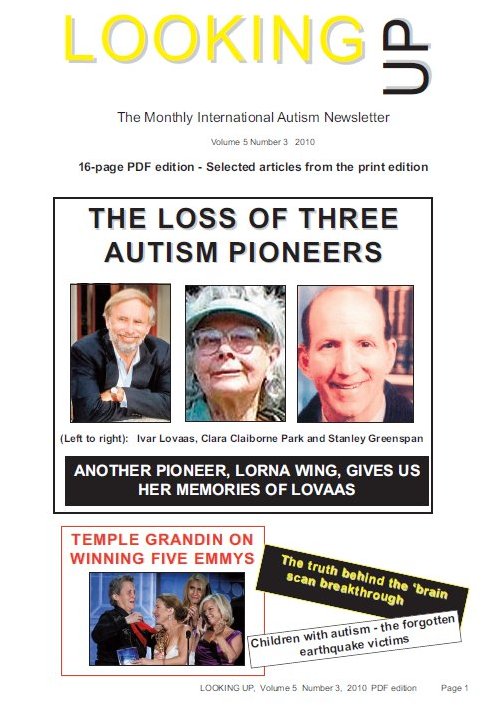
|
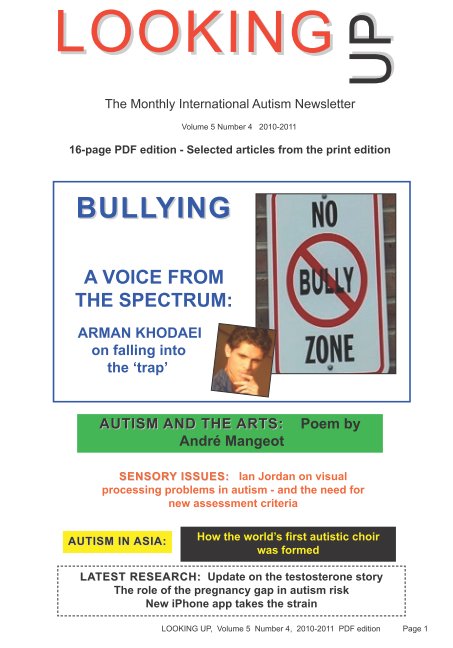
|
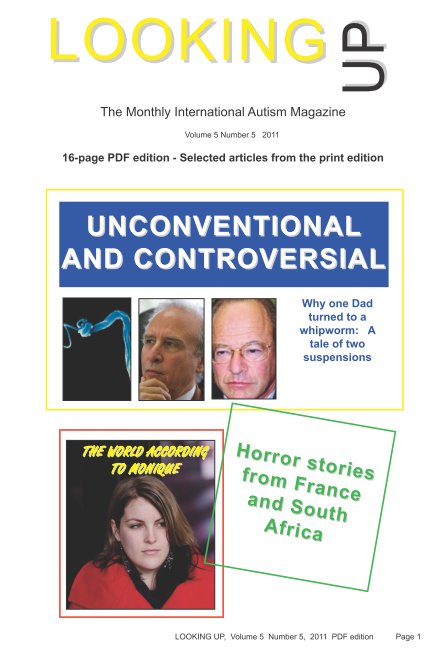
|
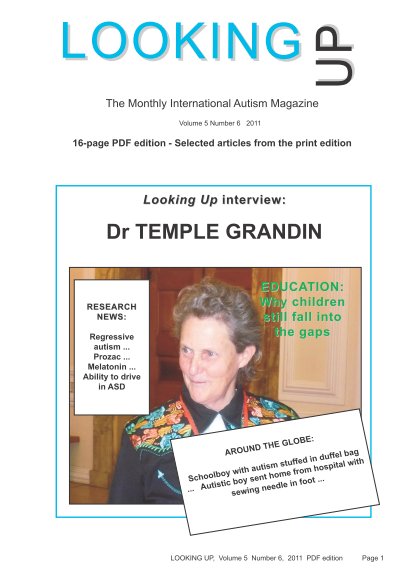
|
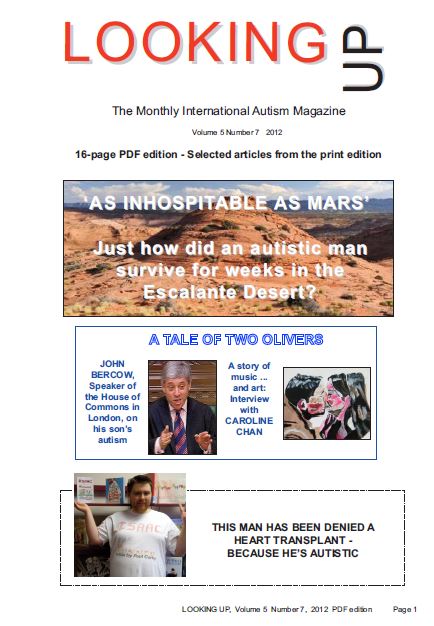
|
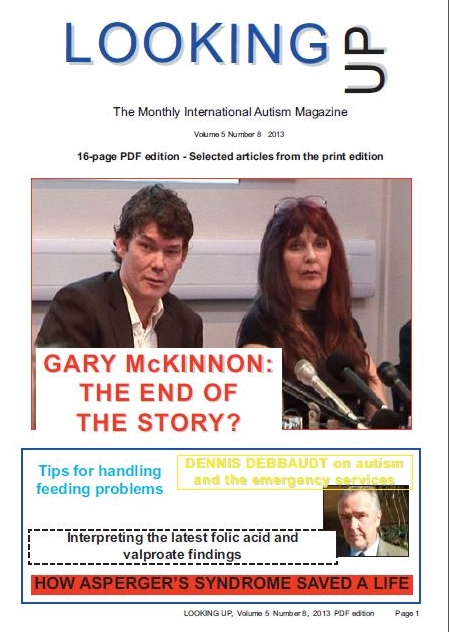
|
| Home page | Subscribe (print edition) | Selected articles | Our publications | Our mailing lists |
| PDF edition | Subscribe (PDF edition) | Back issue contents | Autism books | Contact us |
From Volume 4 Number 12

|

|

|

|

|

|

|

|
| Current 40-page print edition issue | |||||||||||||||
|---|---|---|---|---|---|---|---|---|---|---|---|---|---|---|---|
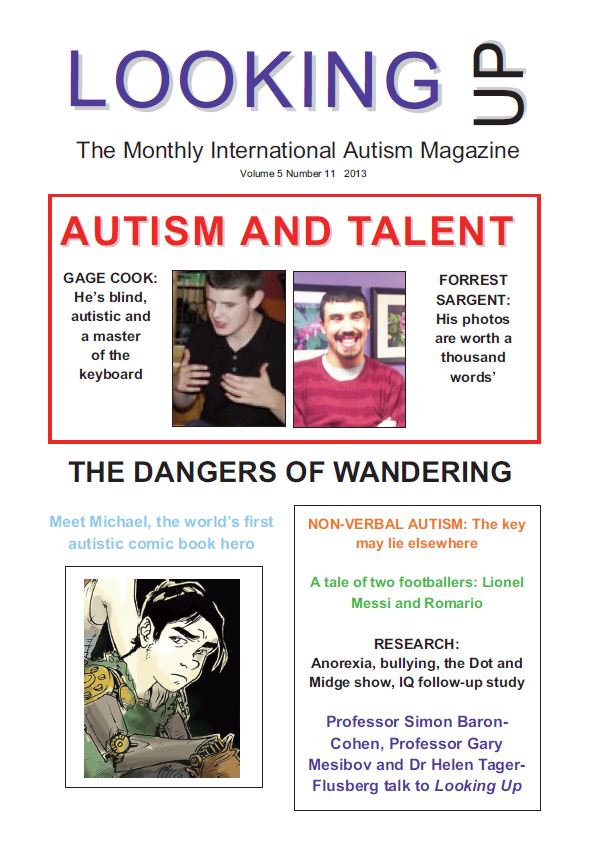
|
| ||||||||||||||
| PRINT EDITION BACK ISSUE CONTENTS AND FRONT COVERS | ||||||||||||||||||||||||||
|---|---|---|---|---|---|---|---|---|---|---|---|---|---|---|---|---|---|---|---|---|---|---|---|---|---|---|
| VOLUME 1, Number: | 1 | 2 | 3 | 4 | 5 | 6 | 7 | 8 | 9 | 10 | 11 | 12 | VOLUME 2, Number: | 1 | 2 | 3 | 4 | 5 | 6 | 7 | 8 | 9 | 10 | 11 | 12 | |
| VOLUME 3, Number: | 1 | 2 | 3 | 4 | 5 | 6 | 7 | 8 | 9 | 10 | 11 | 12 | VOLUME 4, Number: | 1 | 2 | 3 | 4 | 5 | 6 | 7 | 8 | 9 | 10 | 11 | 12 | |
| VOLUME 5, Number: | 1 | 2 | 3 | 4 | 5 | 6 | 7 | 8 | ||||||||||||||||||
| You can find our PDF EDITION CONTENTS AND COVERS on our PDF EDITION BACK ISSUES PAGE | ||||||||||||||||||||||||||
| Home page | Subscribe (print edition) | Selected articles | Our publications | Our mailing lists |
| PDF edition | Subscribe (PDF edition) | Back issue contents | Autism books | Contact us |